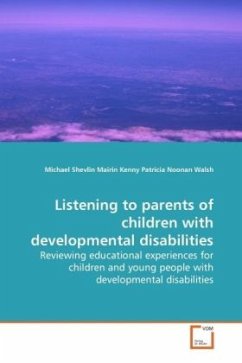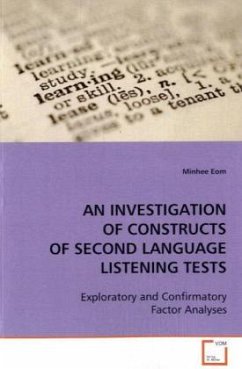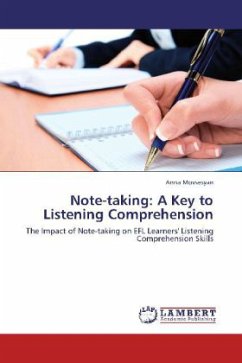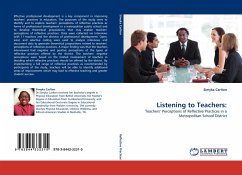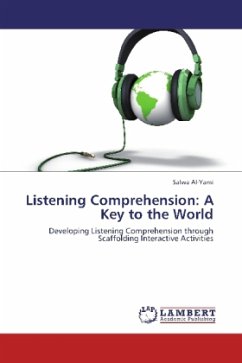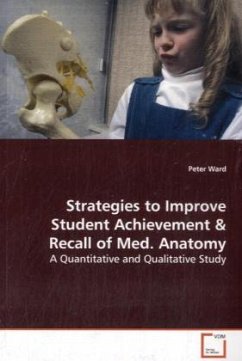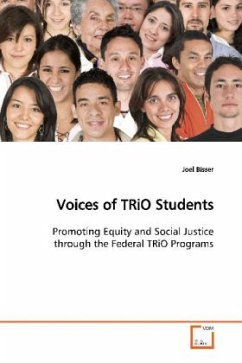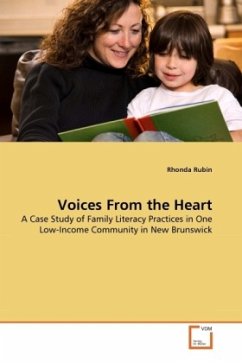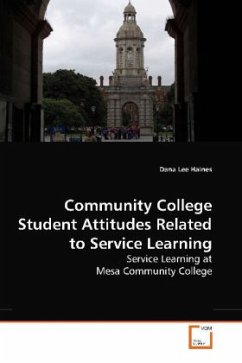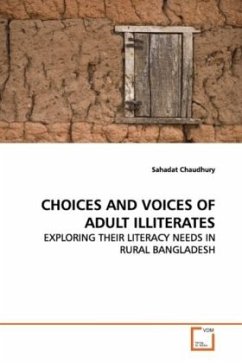
Listening to Student Voices
Fifth Grader's Perceptions of their Mathematics Learning
Versandkostenfrei!
Versandfertig in 6-10 Tagen
39,99 €
inkl. MwSt.

PAYBACK Punkte
20 °P sammeln!
This qualitative study explored fifth graders perceptions of their mathematics learning within thecontext of a reform effort. Students voices are thefocus of this study due to the paucity of literatureon student learning from the students perspective(Erickson & Shultz, 1992), particularly theelementary student (Gentilucci, 2004). Theparticipants of this study, who in the past have beengiven a variety of labels including disadvantaged or at-risk, clearly articulated, even innonstandard English, their perceptions of theirmathematics learning. They passionately explainedwhat helped them learn mat...
This qualitative study explored fifth graders
perceptions of their mathematics learning within the
context of a reform effort. Students voices are the
focus of this study due to the paucity of literature
on student learning from the students perspective
(Erickson & Shultz, 1992), particularly the
elementary student (Gentilucci, 2004). The
participants of this study, who in the past have been
given a variety of labels including disadvantaged
or at-risk, clearly articulated, even in
nonstandard English, their perceptions of their
mathematics learning. They passionately explained
what helped them learn mathematics as well as what
impeded their mathematics learning and were often
incredibly insightful in their commentary.
perceptions of their mathematics learning within the
context of a reform effort. Students voices are the
focus of this study due to the paucity of literature
on student learning from the students perspective
(Erickson & Shultz, 1992), particularly the
elementary student (Gentilucci, 2004). The
participants of this study, who in the past have been
given a variety of labels including disadvantaged
or at-risk, clearly articulated, even in
nonstandard English, their perceptions of their
mathematics learning. They passionately explained
what helped them learn mathematics as well as what
impeded their mathematics learning and were often
incredibly insightful in their commentary.



